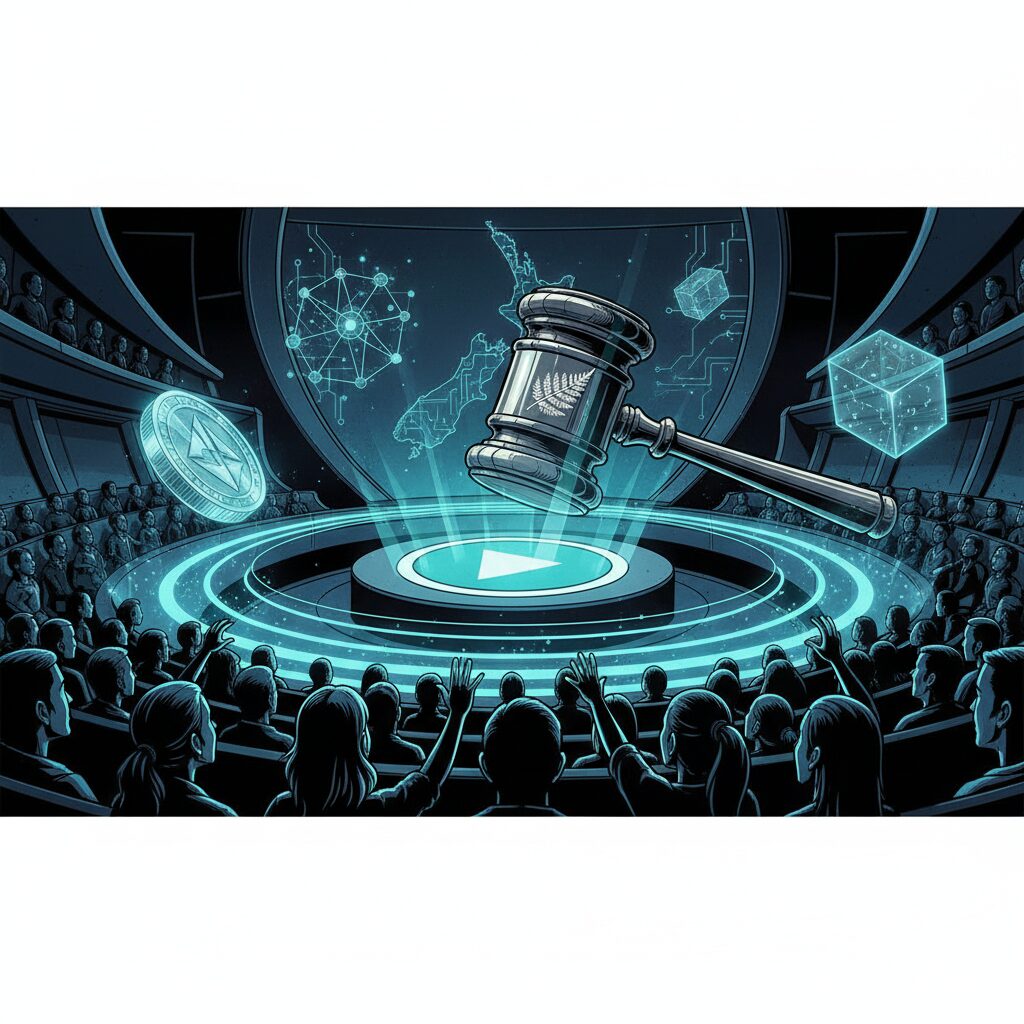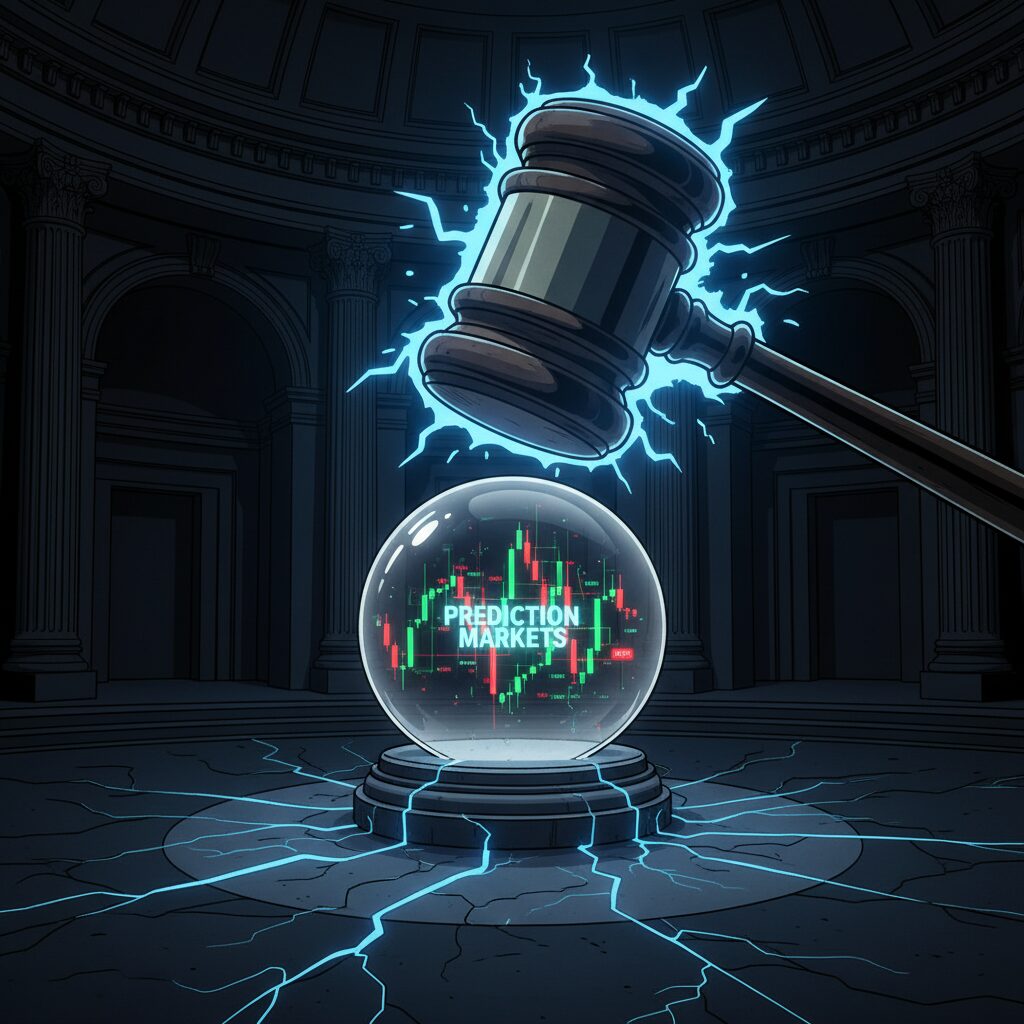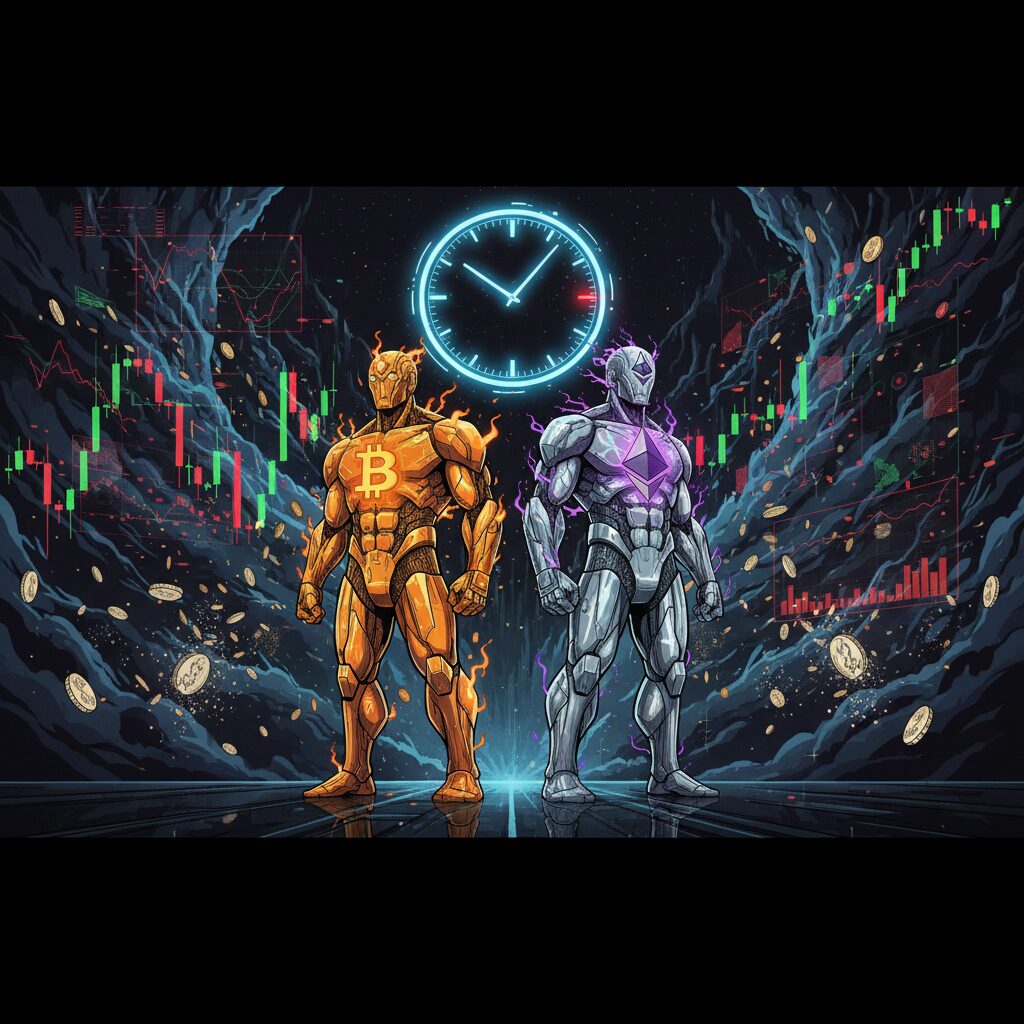New Zealand to Mandate Cryptocurrency Education in Schools by 2027

New Zealand is set to make financial literacy a required subject for all students from Years 1 through 10, with a curriculum that includes both traditional finance and modern digital assets. Education Minister Erica Stanford announced that the changes will be integrated into the social sciences curriculum starting in 2026, with full implementation across all schools required by 2027.
Addressing a Critical Gap in Financial Knowledge
The decision responds directly to research from the country’s Retirement Commission, which revealed that only 25% of students currently receive any formal financial education. According to Finance Minister Nicola Willis, this widespread lack of basic knowledge has contributed to poor debt management among young adults. The new national program aims to equip students with practical skills they can apply throughout their lives.
A Curriculum for the Digital Age
The curriculum uses a progressive, age-appropriate approach. Students in Years 1-5 will learn foundational concepts like the difference between needs and wants, earning and spending money, and how bank accounts function. Older students in Years 6-10 will tackle more complex topics, including taxation, interest rates, budgeting, insurance, and investment principles.
A key component of this updated curriculum is the introduction of digital currencies. Students will learn how cryptocurrencies and blockchain networks operate and how digital assets fit into global financial markets. Lessons will use real-world examples to explain concepts like market volatility and risk, treating digital assets as part of a broader education on diversification.
Interactive Blockchain Simulations in the Classroom
New Zealand’s approach emphasizes hands-on activities to demystify blockchain technology. Students will participate in classroom simulations to grasp core principles like decentralization and transparency. One exercise involves earning classroom tokens and recording transactions on a shared public ledger, demonstrating how permanent records are kept.
In another activity, students will role-play as network participants. Using Post-It notes as “blocks,” they will solve simple puzzles to simulate the process of miners validating transactions. By rotating through roles as nodes, miners, and users, students will see firsthand how a decentralized network operates without a central authority. Senior students will also use digital wallet simulations to practice budgeting and responsible fund management.
Equipping Teachers for a Digital Future
To ensure a smooth transition, the Ministry of Education is collaborating with the Retirement Commission, the University of Waikato, and industry groups like Cryptocurrency NZ to create teaching materials and support resources. Training programs will be rolled out to build teacher confidence in covering emerging financial technologies, ensuring instructors are well-prepared before the 2027 mandatory implementation date.








